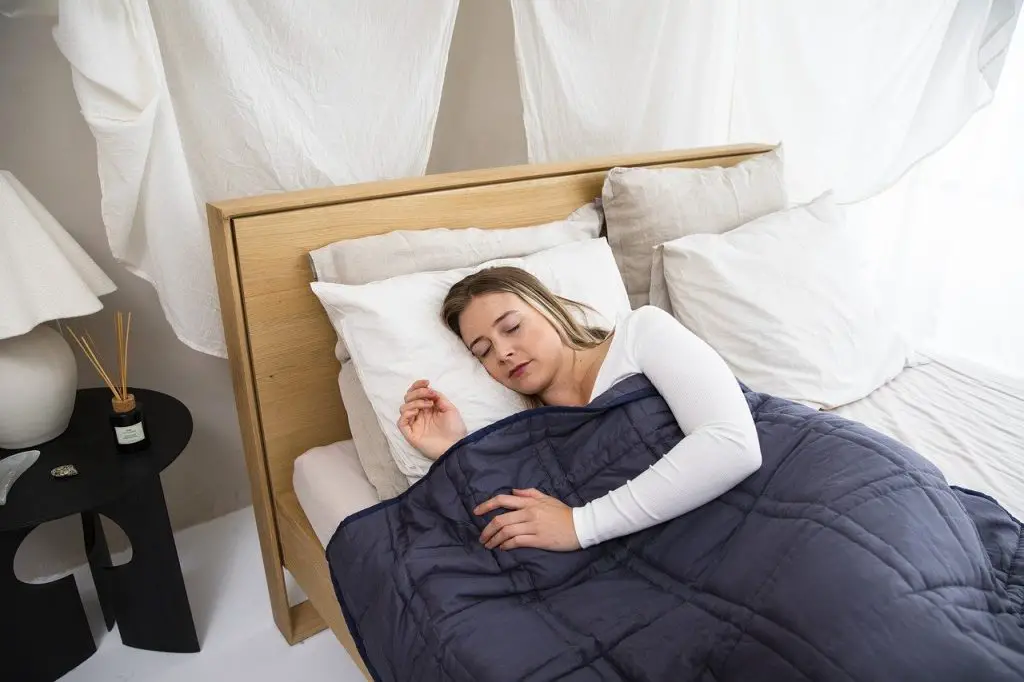Snoring is common when the airway narrows or becomes blocked while sleeping, causing vibrations in the throat. It can be a nuisance to partners or roommates and lead to serious health problems. One of the potential side effects of snoring is a sore throat. In this article, we will explore whether snoring can cause a sore throat and what you can do to prevent it.
What Causes Snoring?
Snoring may result for several reasons, such as:
- Obesity or excess weight
- Alcohol consumption
- Smoking
- Allergies
- Nasal congestion
- Sleep apnea
Can Snoring Cause a Sore Throat?
Yes, snoring can cause a sore throat. When the airway becomes narrow or blocked, the tissues in the throat vibrate, causing snoring. The vibrations can irritate the throat, leading to inflammation and pain. It may be a sign of sleep apnea if you wake up with a sore throat, especially if it is accompanied by other symptoms such as a headache or fatigue.
In addition to a sore throat, snoring can cause other health problems, including:
- Daytime sleepiness
- Lack of concentration
- Irritability
- Poor memory
- Insomnia
- Depression
- Anxiety
How do I Prevent Snoring-Related Sore Throat?
If you snore regularly and wake up with a sore throat, there are several things you can do to prevent it:
- Lose Weight: If you are overweight or obese, losing weight can help reduce snoring by decreasing the tissue in the throat that vibrates.
- Avoid Alcohol and Sedatives: Alcohol and sedatives can relax the muscles in the throat, making you more likely to snore.
- Quit Smoking: Smoking irritates the tissues in the throat, making you more likely to snore.
- Treat Allergies and Congestion: Allergies and congestion can make breathing difficult through the nose, forcing you to breathe through the mouth and leading to snoring.
- Sleep On Your Side: When you sleep on your back, your tongue and soft palate may fall to the back of your throat, leading to snoring. To avoid this, try sleeping on your side.
- Use a Humidifier: Dry air can cause discomfort in the throat, increasing the chances of snoring. Utilizing a humidifier can maintain moisture in the air and minimize snoring.
- Treat Sleep Apnea: Getting help is crucial if you think you have sleep apnea. This may involve changing your habits, like shedding some pounds, utilizing a CPAP device, or undergoing surgery to eliminate extra tissue in your throat.

Conclusion
Now that we have provided several ways to help reduce or prevent snoring, it’s important to determine which method works best for you. Remember that everyone’s body and situation are different, so it may take some trial and error to find the most effective solution for your snoring. Addressing your snoring and making necessary lifestyle changes can improve your sleep quality and overall health. Did you try an anti snoring pillow or a humidifier?
Don’t let snoring hinder your quality of life any longer! Sleep Under Cover is here to help you get good quality sleep. Our guide and tips can help you find the perfect sleeping solution. Take action and find the best solution for you to enjoy restful, rejuvenating sleep every night. Happy sleeping!
